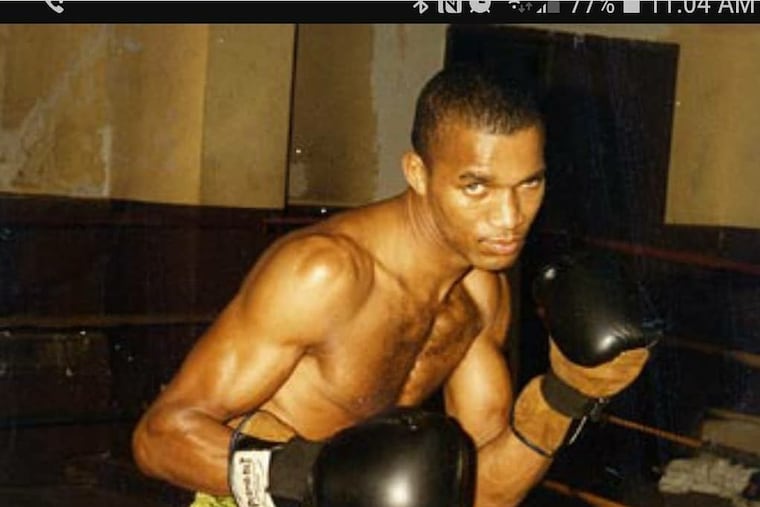He spent years on death row. Now, a former Philly boxer will be released from prison.
Anthony Fletcher, who had long contended that he shot the victim in self defense, pleaded no contest to third-degree murder in an agreement with prosecutors that let him go free.

Anthony Fletcher, a former boxer who was on death row, admitted his role in a fatal 1992 shooting in Southwest Philadelphia on Thursday and was expected to be released from prison after 28 years behind bars.
Fletcher, who had long contended that he fired in self-defense, pleaded no contest to third-degree murder in an agreement with prosecutors that let him go free.
A federal judge recently ruled that Fletcher had ineffective counsel at trial because his lawyer didn’t explore whether the killing of 26-year-old Vaughn Christopher took place during a struggle and thus did not constitute first-degree murder.
U.S. District Judge R. Barclay Surrick sent the case back to Common Pleas Court, where Fletcher’s public defender and the office of Philadelphia District Attorney Larry Krasner, who opposes the death penalty, agreed to the plea deal.
During a virtual hearing Thursday, Common Pleas Court Judge Lillian Ransom resentenced Fletcher, 65, to a negotiated term of 12½ to 25 years in prison, time he has already served, and ordered his immediate release.
Ryan Campbell, a brother of the victim, told the judge his family was “blindsided” by the plea deal. “It’s been a total loss, devastation. I see now there’s nothing we can do,” he said. “For the record, it’s sad a verdict can be overturned without the knowledge of the family.”
Fletcher apologized, saying, “I’m sorry for their loss as to what happened.”
One of Fletcher’s brothers, Cantrell Fletcher, 61, said after the hearing: “I miss my brother. … I’m happy that he’s coming home.”
Fletcher, whose boxing nickname was “Two Guns,” turned pro in 1980, fighting as a lightweight and junior-welterweight contender. He rose to become Pennsylvania lightweight champion during that decade.
He has contended that he shot Christopher in March 1992 during a struggle for Christopher’s gun after the two argued over money.
Prosecutors at the time contended that it was Fletcher who pulled out the .380 semiautomatic handgun, shooting Christopher twice from several feet away. Jurors in a 1993 trial agreed, convicted Fletcher of first-degree murder, and sent him to death row.
Willa Campbell, the victim’s mother, said after Thursday’s hearing that she believes Fletcher killed her son “in cold blood.”
Fletcher raised various claims on appeal. The one claim that gained traction was his contention that the shooting occurred during a struggle.
Critical in the case were declarations made by the assistant medical examiner, Hydow Park, who performed Christopher’s autopsy, and Ian Hood, then the city’s deputy medical examiner, who was called by the prosecution to testify at the trial. Hood testified he saw no evidence of a struggle between Fletcher and Christopher, but could not rule one out.
But in a signed declaration for a team of lawyers who took up Fletcher’s case on appeal in 2001, Hood said he had made an error at the trial, and agreed that a bruise on the left side of Christopher’s chest could have been inflicted by an elbow or fist in the midst of a struggle.
Park signed a declaration for the lawyers, saying he believed that Fletcher’s account of struggle was more consistent with the findings of his autopsy report than a trial witness’ account of an execution-style shooting.
That eventually led to the federal judge’s finding that Fletcher’s court-appointed lawyer had been ineffective because he failed to hire a defense expert or interview Park, paving the way for the agreement that led to Fletcher’s release.